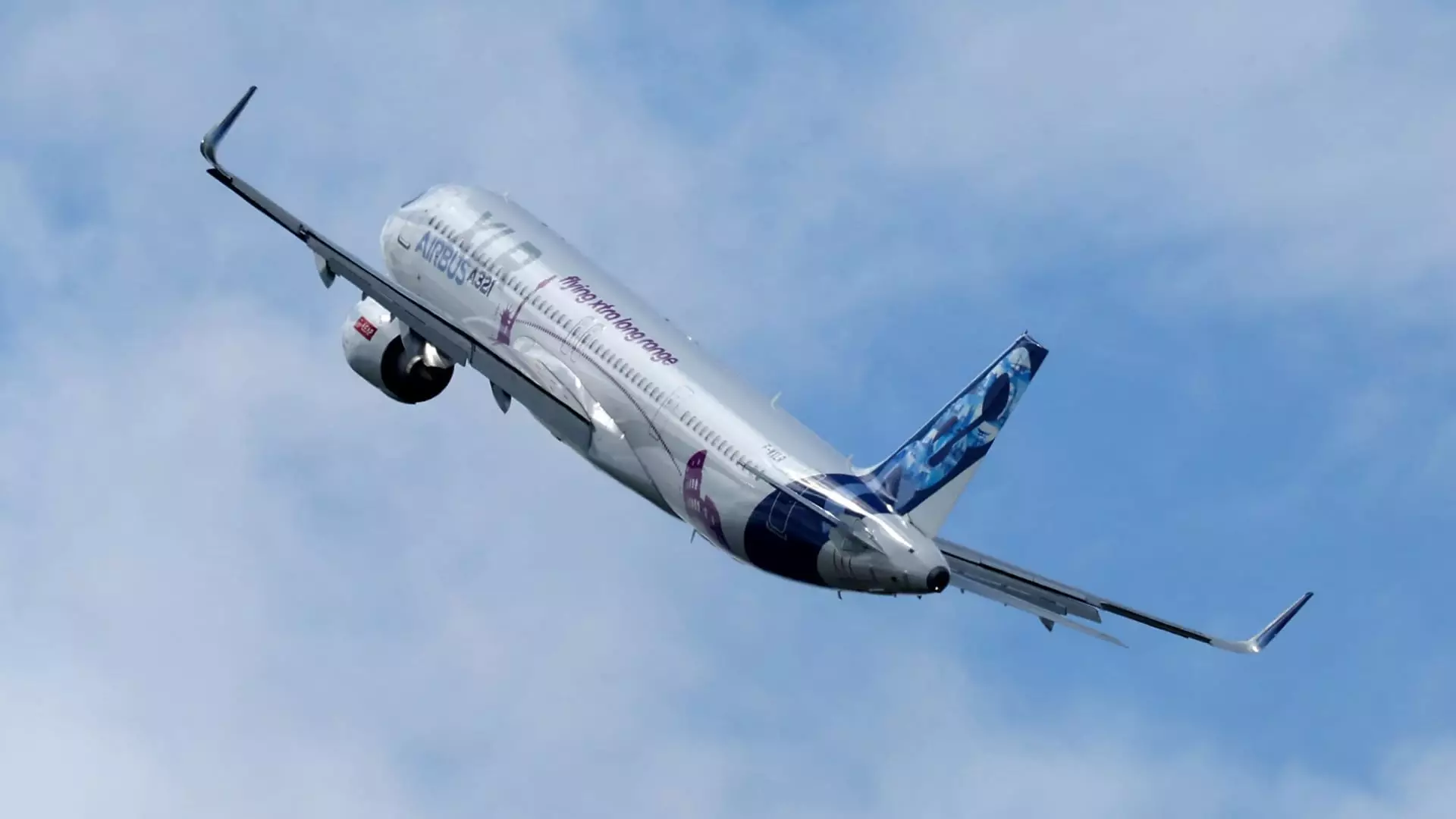The aviation industry, which is usually synonymous with massive airplane orders during air shows, took a different turn at this year’s biggest air show in Farnborough, England. Instead of breaking records with hundreds of orders, the focus was on the struggles faced by Boeing and Airbus in ramping up airplane production post-pandemic. The challenge lay in balancing production demands while battling the lingering effects of the pandemic, including seesawing output and shortages of new fuel-efficient planes.
The industry insiders and analysts at the Farnborough Airshow expressed concerns regarding the delays in meeting commitments to the supply base and airlines. Boeing’s senior vice president of global supply chain and fabrication, Ihssane Mounir, admitted that the industry had failed in terms of timeliness and predictability, leading to uncertainty and second-guessing among stakeholders. Airbus, on the other hand, reported a 56% fall in adjusted profit, mainly due to challenges in its space business. The manufacturers had to readjust their production targets for the year, indicating ongoing struggles in meeting demands.
The subdued order tally at the show highlighted the fact that both Boeing and Airbus were largely sold out of narrow-body jets like the Boeing 737 Max and Airbus A321neo. This shortage, coupled with the backlog of thousands of planes on order, has created a situation where airlines are left waiting for more fuel-efficient planes. Moreover, the production strains faced by both manufacturers have further complicated the situation, leading to delays and concerns among industry executives.
Both Boeing and Airbus are currently dealing with a shortage of skilled workers due to the loss of experienced employees during the pandemic. The need to recruit and train new workers has become a major challenge for the manufacturers, as the process of training individuals new to the aerospace field takes time. Additionally, supply chain issues, ranging from parts shortages to complex cabin interiors, have further hampered production, creating a ripple effect throughout the industry.
To address the ongoing challenges, both Boeing and Airbus are focusing on investing in training programs and supply chain management. Boeing’s Mounir stressed the importance of investing in worker training and acknowledged the need for the company to take responsibility in shouldering this burden. Airbus, on the other hand, has deployed supply chain engineers among suppliers to address specific issues and ensure a smoother production process in the future.
The aviation industry is currently facing a crisis characterized by production strains, supply chain challenges, and a shortage of skilled workers. The ongoing struggles at Boeing and Airbus have highlighted the need for long-term planning and investments to ensure a sustainable future for the industry. By addressing issues related to production delays, parts shortages, and worker training, the manufacturers can work towards a more efficient and reliable supply chain, ultimately benefiting airlines, suppliers, and the industry as a whole.


Napsat komentář